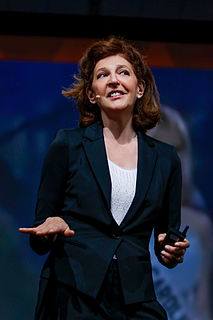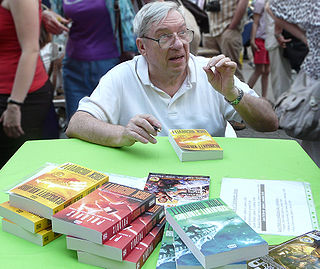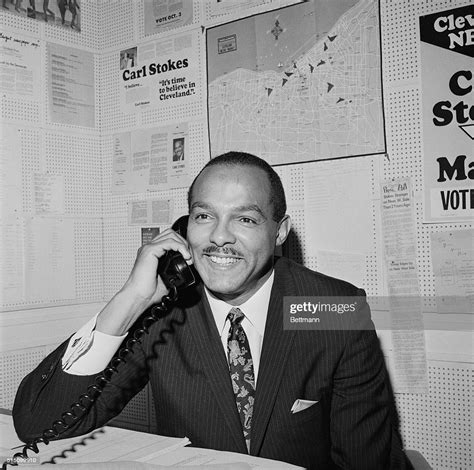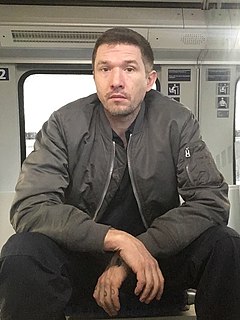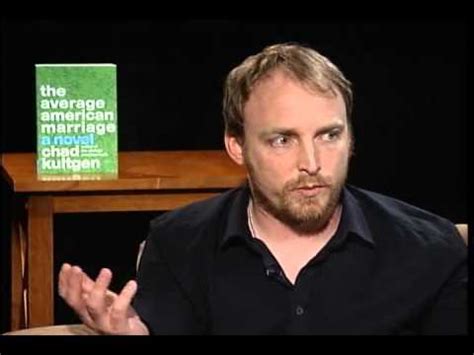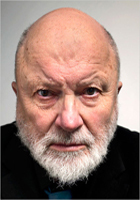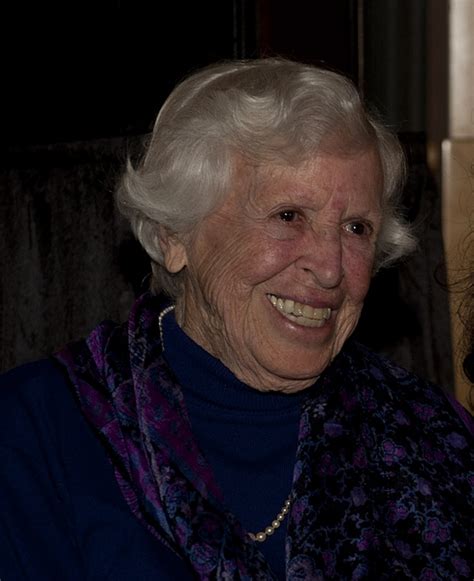A Quote by Philip K. Dick
…we all lie to ourselves; we tell our own selves more lies than we ever do other people.
Related Quotes
There is provided an escape from the narrowness and poverty of the individual life, and the possibility of a life which is other and larger than our own, yet which is most truly our own. For, to be ourselves, we must be more than ourselves. What we call love is, in truth . . . the losing of our individual selves to gain a larger self.
Lies hold civilization together. If people ever seriously begin telling each other what they really think, there'd be no peace. Good-bye to tact. Good-bye to being polite. Good-bye to showing tolerance for other people's buffooneries. The fact that we claim to admire Truth is probably the biggest lie of all. But that's part of the charade, part of what makes us human, and we do not even think about it. In effect, we lie to ourselves. Lies are only despicable when they betray a trust.
In America, the stories we tell ourselves and we tell each other in fiction have to do with individualism. Every person here is the center of his or her own story. And our job as people and as characters is to find our own motivations and desires, to overcome conflicts and obstacles toward defining ourselves so that we grow and change.
Our business in life is not to get ahead of others but to get ahead of ourselves; to break our own records; to outstrip our yesterdays by our todays; to bear our trials more beautifully than we ever dreamed we could; to give as we never have given; to do our work with more force and a finer finish than ever. This is the true idea: to get ahead of ourselves.
The size of the lie is a definite factor in causing it to be believed, for the vast masses of the nation are in the depths of their hearts more easily deceived than they are consciously and intentionally bad. The primitive simplicity of their minds renders them a more easy prey to a big lie than a small one, for they themselves often tell little lies but would be ashamed to tell a big one.
I think the lies I make the most are in regards to my hopes and intentions for myself. As for lies I tell other people - I will certainly tell lies. When somebody is very ill and looks awful, and you tell them they look nice. Or if you just ate the last cookie, if someone asked me if I ate the last cookie, I would definitely lie about that.
In a world in which we are exposed to more information, more options, more philosophies, more perspectives than ever before, in which we must choose the values by which we will live (rather than unquestioningly follow some tradition for no better reason than that our own parents did), we need to be willing to stand on our own judgment and trust our own intelligence-to look at the world through our own eyes-to chart our course and think through how to achieve the future we want, to commit ourselves to continuous questioning and learning-to be, in a word, self-responsible.
We are difficult. Human beings are difficult. We're difficult to ourselves, we're difficult to each other. And we are mysteries to ourselves, we are mysteries to each other. One encounters in any ordinary day far more real difficulty than one confronts in the most “intellectual” piece of work. Why is it believed that poetry, prose, painting, music should be less than we are? Why does music, why does poetry have to address us in simplified terms, when if such simplification were applied to a description of our own inner selves we would find it demeaning?


